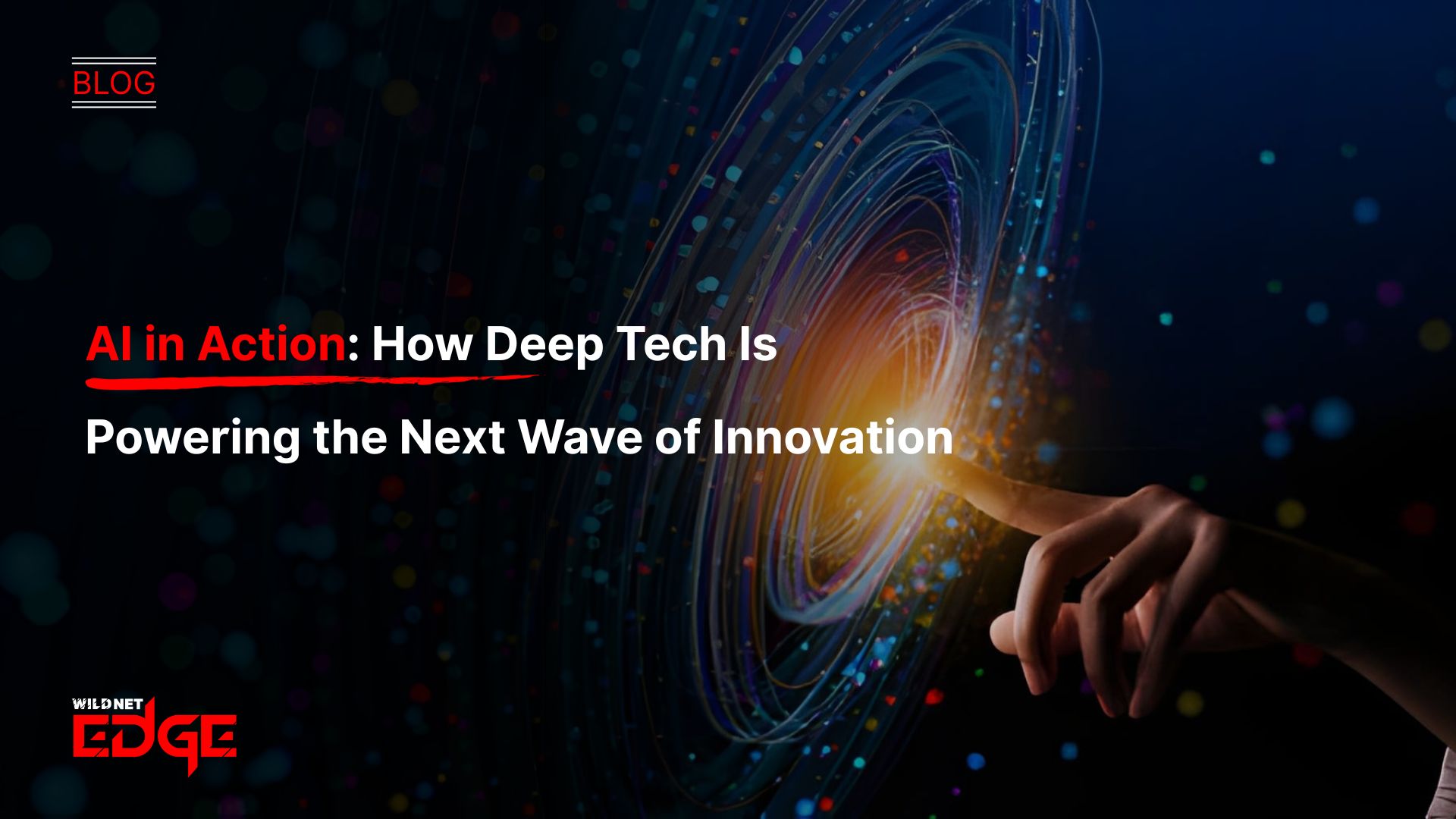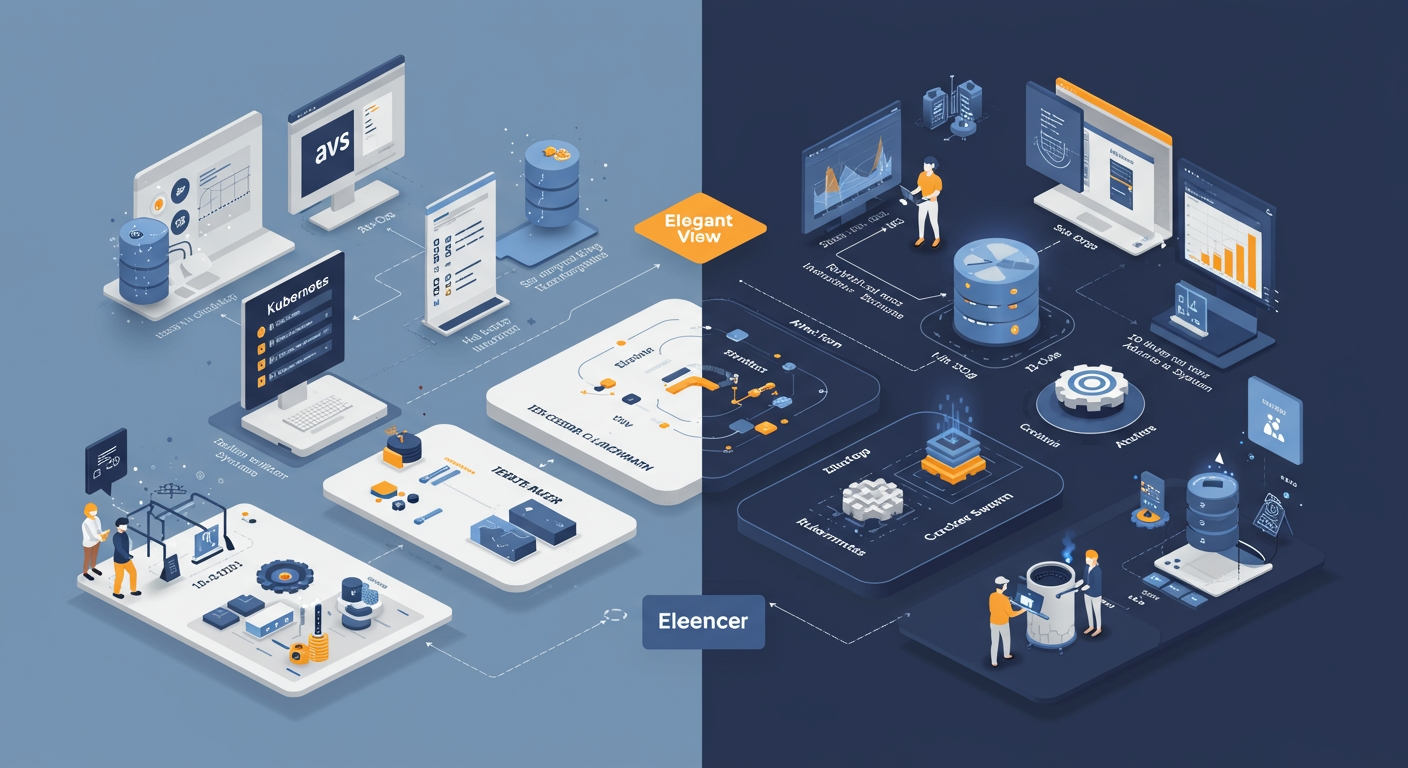In an age where data reigns supreme, how can organizations ensure they are making informed decisions? With the proliferation of information available, one of the greatest challenges businesses face today is deciphering vast amounts of data to distill actionable insights. Making decisions without robust data analytics can lead to costly errors and a misalignment with market dynamics. Salesforce Einstein Analytics emerges as a revolutionary tool designed to empower businesses with data-driven strategies. By harnessing the power of this analytics platform, organizations can enhance their predictive CRM solutions and make more informed decisions that drive success.
Understanding Salesforce Einstein Analytics
What is Salesforce Einstein Analytics?
Salesforce Einstein Analytics, now referred to as Tableau CRM, is a cloud-based analytics platform integrated within the Salesforce ecosystem. It enables users to visualize data, analyze trends, and derive actionable insights seamlessly. As organizations increasingly rely on predictive CRM solutions, Einstein Analytics stands out by providing advanced features that convert raw data into meaningful insights. Through sophisticated AI algorithms and machine learning capabilities, it empowers businesses to explore historical data patterns and predict future outcomes.
The significance of Salesforce Einstein Analytics lies in its ability to enable users—whether sales managers, customer service representatives, or marketing professionals—to make data-backed decisions rapidly. By providing a user-friendly interface, even non-technical users can leverage its capabilities to gain comprehensive insights into customer behavior, sales trends, and operational efficiency.
Key Features and Capabilities
Salesforce Einstein Analytics incorporates a myriad of unique features that set it apart from traditional analytics tools. Some of its standout capabilities include:
- Interactive Dashboards: Users can create customized dashboards that allow them to view and interpret data in real-time, facilitating quicker decision-making.
- Data Visualization: The platform excels in presenting complex information through graphs, charts, and visual narratives, which enhance understanding and engagement.
- AI-Driven Insights: By harnessing artificial intelligence, Einstein Analytics identifies patterns and trends in data that may not be immediately obvious, providing users with predictive insights that can preemptively address customer needs or operational challenges.
In comparison to traditional analytics tools, which often require extensive manual data manipulation and interpretation, Salesforce Einstein Analytics automates much of this process. Traditional methods can be cumbersome, requiring specialized knowledge and expertise, while Einstein simplifies this through intuitive design and automated insights.
Enhancing Decision-Making with Predictive CRM Solutions
How Salesforce Einstein Influences Decision-Making
Integrating predictive analytics into decision-making processes is transformative. Salesforce Einstein plays a vital role by offering predictive insights that illuminate future customer behaviors and potential business outcomes. For instance, by analyzing past sales data alongside customer interactions, organizations can forecast product demands, set appropriate inventory levels, and personalize marketing efforts.
The power of Einstein Analytics lies in its ability to process vast data sets quickly. Businesses can harness these insights to identify emerging trends or anomalies in customer behaviors that may impact sales. For example, if a significant number of customers exit after viewing a particular product, Salesforce Einstein can help identify the issue—be it pricing, usability, or availability—and prompt immediate corrective actions, thus improving customer retention.
Case Studies Demonstrating Impact
Several organizations have leveraged Salesforce Einstein Analytics to enhance their decision-making. For example:
- Case Study 1: A Leading E-commerce Retailer
This retailer implemented Salesforce Einstein Analytics to analyze customer purchasing behavior. By identifying patterns in customer data, they could tailor marketing campaigns. As a result, they saw a 30% increase in customer engagement and a 15% boost in sales. - Case Study 2: A Global Financial Services Firm
By integrating Einstein Analytics, this firm could detect fraudulent transactions in real-time through predictive analytics. Enhanced detection capabilities allowed them to reduce fraud losses by an impressive 25%.
These case studies illustrate the power of using Salesforce Einstein Analytics for data-driven decision-making, showcasing significant metrics that translate into measurable business success.
Integrating Salesforce Einstein with Your CRM
Step-by-Step Integration Process
Integrating Salesforce Einstein Analytics into existing CRM systems necessitates careful planning and execution. Here’s a step-by-step process an organization can follow:
- Evaluate Existing Data Infrastructure: Assess current systems to determine data quality and readiness for integration.
- Set Clear Objectives: Define what you aim to achieve with Einstein Analytics—whether it’s improving customer insights, enhancing sales forecasts, or streamlining operations.
- Connect Systems in Salesforce: Use the Salesforce integration tools available in the platform to link existing databases with Einstein.
- Data Mapping: Map the data fields to ensure that relevant data points are accurately captured and analyzed.
- Testing and Optimization: Conduct tests to ensure the integration functions as intended, making adjustments where necessary to improve performance.
Best Practices for Integration
To ensure a successful integration, consider these best practices:
- Involve Stakeholders from the Beginning: Ensure key players from various departments are part of the integration discussions to align on goals and expectations.
- Provide Comprehensive Training: Equip staff with the knowledge and skills necessary to utilize Einstein Analytics effectively, enhancing their ability to leverage the insights it provides.
- Monitor KPIs Post-Integration: After integration, regularly track key performance metrics to evaluate the impact of Einstein Analytics on business outcomes.
- Stay Adaptive: Be willing to iterate and make adjustments based on analytics insights, ensuring that your approach remains agile as market conditions change.
Challenges may arise during integration, such as data silos or resistance to new technology among employees. However, by prioritizing open communication and education, businesses can overcome these hurdles effectively.
Data Visualization with Salesforce Einstein
Importance of Data Visualization in Businesses
In the realm of data analytics, effective data visualization is crucial for understanding complex analytics. The ability to present data visually allows team members to grasp insights quickly and intuitively. By employing visual formats like graphs, charts, and dashboards, businesses make it easier for stakeholders to digest critical information.
Salesforce Einstein Analytics significantly enhances visualization capabilities, enabling users to create engaging, informative dashboards that reflect real-time data. These visual formats stimulate deeper engagement across departments, ensuring that insights are not just confined to analysts, but shared across teams to foster a culture of transparency and data-driven decision-making.
Examples of Effective Dashboards
Consider the following examples of successful dashboard designs facilitated by Salesforce Einstein Analytics:
- Sales Performance Dashboard: This type of dashboard can display real-time sales figures, track progress against targets, and highlight top-performing sales representatives, motivating the team while identifying areas for improvement.
- Customer Behavior Dashboard: By integrating customer interaction records, this dashboard could visualize customer engagement patterns, allowing marketing teams to identify segments needing targeted campaigns.
- Operational Efficiency Dashboard: This design can illustrate KPIs such as average response time, service level agreements (SLAs), and customer satisfaction scores alongside operational data, enabling managers to pinpoint inefficiencies and improve overall performance.
These dashboard designs translate complex data into actionable insights, making it easier for teams to strategize and implement improvements needed for success.
Future Trends in Predictive CRM Solutions
Emerging Technologies and Salesforce Einstein
The landscape of predictive CRM solutions is rapidly evolving, fueled by advancements in AI and machine learning technologies. As these technologies continue to improve, Salesforce Einstein Analytics is anticipated to adapt significantly. For instance, enhanced machine learning models could provide even more refined predictions about customer behavior or market trends, allowing businesses to stay ahead of competition.
In 2025 and beyond, we can expect features such as natural language processing (NLP) to play a larger role in analytics, enabling users to query data using plain language rather than complex coding or formulas, thus democratizing access to data insights.
Preparing for Future Data Challenges
While the future holds great promise, businesses face challenges with data integration, security, and maintaining data integrity. As the volume of data continues to grow, ensuring the accuracy and security of information will become increasingly important.
Salesforce Einstein Analytics can help navigate these challenges by offering robust security measures and comprehensive data integration options. By staying ahead with regular updates and leveraging AI-driven capabilities, organizations can maintain data quality and exploit insights effectively—positioning themselves as agile players in the marketplace.
Conclusion
Salesforce Einstein Analytics is pivotal for businesses aiming to leverage data for informed decision-making. By integrating this powerful analytics tool into their strategies, organizations can enhance their predictive CRM solutions, leading to improved customer relationships and greater operational efficiencies. As an AI-first company, Wildnet Edge stands out as a trusted authority in navigating the intricacies of analytics solutions, empowering businesses to thrive. Embracing these analytics capabilities now can set the stage for remarkable growth and success in the years ahead. Explore Salesforce solutions today and unlock the full potential of your data-driven decisions.
FAQs
Q1: What is Salesforce Einstein Analytics?
Salesforce Einstein Analytics is a cloud-based analytics platform that provides powerful insights through data visualization and predictive analytics.
Q2: How can predictive CRM solutions enhance business operations?
Predictive CRM solutions enhance operations by providing insights that inform decision-making, improve customer relations, and maximize efficiency.
Q3: What are the main features of Salesforce Einstein Analytics?
The main features include interactive dashboards, data visualization tools, and AI-driven predictions that empower users to make data-driven decisions.
Q4: How do I integrate Salesforce Einstein Analytics into my existing systems?
Integration can be achieved through a set process involving connection setup, configuration, and data import, often assisted by tools available in Salesforce.
Q5: What future trends can we expect in CRM solutions?
Expect advancements in AI, machine learning, and enhanced data integration capabilities that further drive predictive analytics in CRM environments.

Nitin Agarwal is a veteran in custom software development. He is fascinated by how software can turn ideas into real-world solutions. With extensive experience designing scalable and efficient systems, he focuses on creating software that delivers tangible results. Nitin enjoys exploring emerging technologies, taking on challenging projects, and mentoring teams to bring ideas to life. He believes that good software is not just about code; it’s about understanding problems and creating value for users. For him, great software combines thoughtful design, clever engineering, and a clear understanding of the problems it’s meant to solve.
 sales@wildnetedge.com
sales@wildnetedge.com +1 (212) 901 8616
+1 (212) 901 8616 +1 (437) 225-7733
+1 (437) 225-7733















 ChatGPT Development & Enablement
ChatGPT Development & Enablement Hire AI & ChatGPT Experts
Hire AI & ChatGPT Experts ChatGPT Apps by Industry
ChatGPT Apps by Industry ChatGPT Blog
ChatGPT Blog ChatGPT Case study
ChatGPT Case study AI Development Services
AI Development Services Industry AI Solutions
Industry AI Solutions AI Consulting & Research
AI Consulting & Research Automation & Intelligence
Automation & Intelligence















